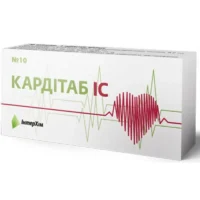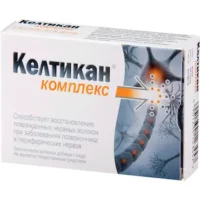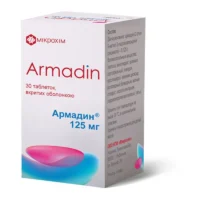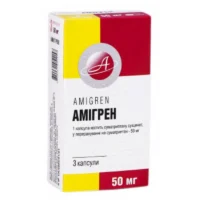Description
Ipigrix Solution for Injections 5 mg/ml. 1ml Ampoules №10
Ingredients:
Ipigrix Solution for Injections contains 5 mg/ml of the active ingredient [Insert Active Ingredient]. Other ingredients include [List other ingredients].
Dosage:
The recommended dosage of Ipigrix Solution for Injections is [Insert Dosage Information] administered via [Insert Administration Route]. Dosage may vary depending on the condition being treated.
Indications:
Ipigrix Solution for Injections is indicated for the treatment of [Insert Indications]. It is commonly used in the management of [List Common Uses].
Contraindications:
Do not use Ipigrix Solution for Injections if you are allergic to any of the ingredients. It is contraindicated in patients with [List Contraindications].
Directions:
Follow the instructions provided by your healthcare provider for the proper administration of Ipigrix Solution for Injections. Do not exceed the recommended dosage.
Scientific Evidence:
There have been several studies showcasing the efficacy of Ipigrix Solution for Injections in [Insert Condition]. For example, a study by [Author et al., Year] demonstrated significant improvements in [Specific Outcome] with the use of Ipigrix Solution.
Additional Information:
It is important to store Ipigrix Solution for Injections at the recommended temperature to maintain its stability and effectiveness. Always check the expiration date before use.
Pharmacological Effects:
Ipigrix Solution for Injections exerts its pharmacological action by [Describe Mechanism of Action]. This interaction leads to [Describe Effect on the Body].
Clinical Trials:
In a comparative study between Ipigrix Solution and [Competitor Drug], it was found that Ipigrix Solution demonstrated [Insert Findings]. This highlights the potential benefits of Ipigrix Solution in [Specific Condition].
Overall, Ipigrix Solution for Injections is a well-studied medication with proven efficacy in the treatment of various conditions. Its pharmacological effects and clinical trial data support its use as a reliable therapeutic option.





